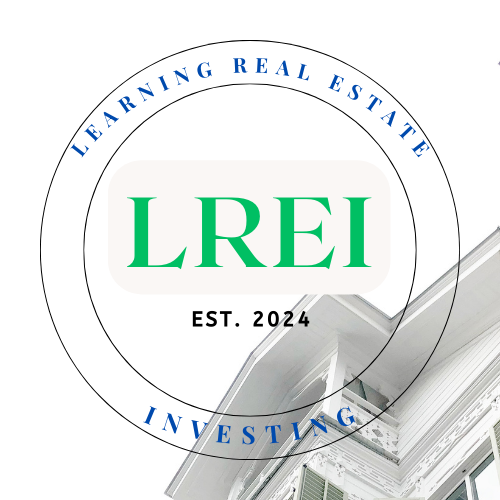Real estate investing can be a great way to build wealth, generate passive income, and diversify your portfolio. If you’re new to real estate, getting started might seem overwhelming, but by following these simple steps, you can begin your journey with confidence.
1. Educate Yourself
Before diving in, learn the basics of real estate investing. Understand key terms like:
- Cash Flow (Income after expenses)
- Appreciation (Property value increase over time)
- Leverage (Using loans to invest)
- ROI (Return on Investment)
Read books, take online courses, and follow real estate blogs or podcasts to build your knowledge.
2. Set Your Goals
Decide what you want from real estate investing:
- Short-term profits (Flipping houses)
- Long-term income (Rental properties)
- Portfolio diversification (REITs or crowdfunding)
Your goals will determine the best investment strategy for you.
3. Choose Your Investment Strategy
Popular real estate investment options include:
- Rental Properties (Buying and renting out homes)
- House Flipping (Buying, renovating, and selling for profit)
- REITs (Real Estate Investment Trusts—like stocks for real estate)
- Wholesaling (Finding deals and selling to investors)
Start with a strategy that matches your budget and risk tolerance.
4. Get Finances in Order
Real estate requires capital. Consider:
- Savings (For down payments & repairs)
- Financing (Mortgages, private lenders, or partnerships)
- Credit Score (A higher score gets better loan terms)
Speak with a lender to understand your buying power.
5. Find the Right Property
Look for properties in growing markets with:
- Strong rental demand (Near schools, jobs, or amenities)
- Potential for appreciation (Up-and-coming neighborhoods)
- Good cash flow (Rent covers expenses + profit)
Work with a real estate agent who understands investing.
6. Analyze the Deal
Before buying, calculate:
- Purchase price + repair costs
- Expected rental income
- Expenses (taxes, insurance, maintenance)
- Profit potential (ROI & cash flow)
Use tools like the 1% Rule (Monthly rent should be at least 1% of purchase price).
7. Start Small & Scale Up
Begin with one property, learn the process, and then expand. Many successful investors start with a single rental home before growing their portfolio.
Final Tips for Success
✅ Network – Connect with other investors, agents, and lenders.
✅ Stay Patient – Real estate is a long-term game.
✅ Keep Learning – Markets change; stay informed.
By following these steps, you can confidently begin your real estate investing journey and work toward financial freedom!



Leave a Reply